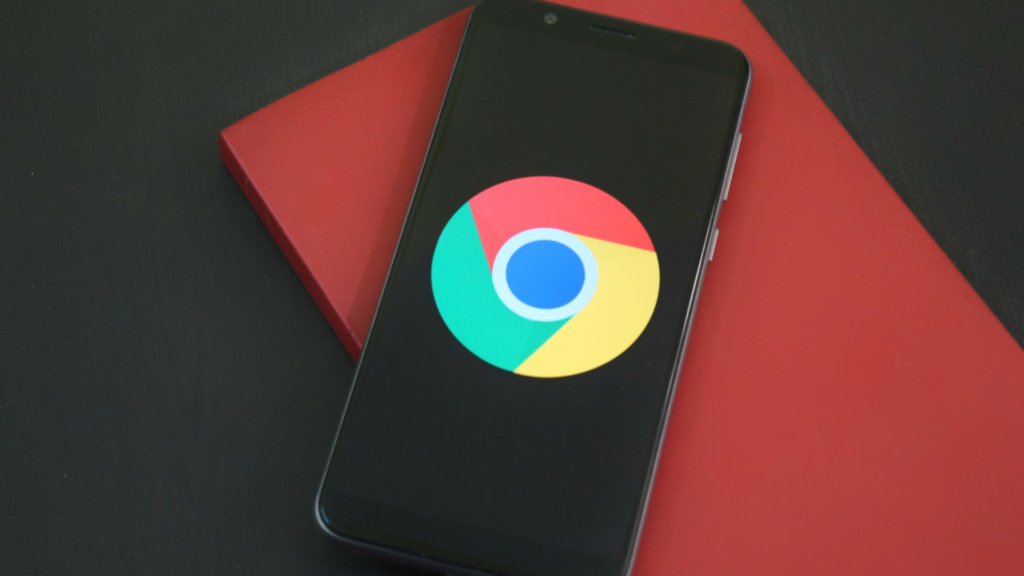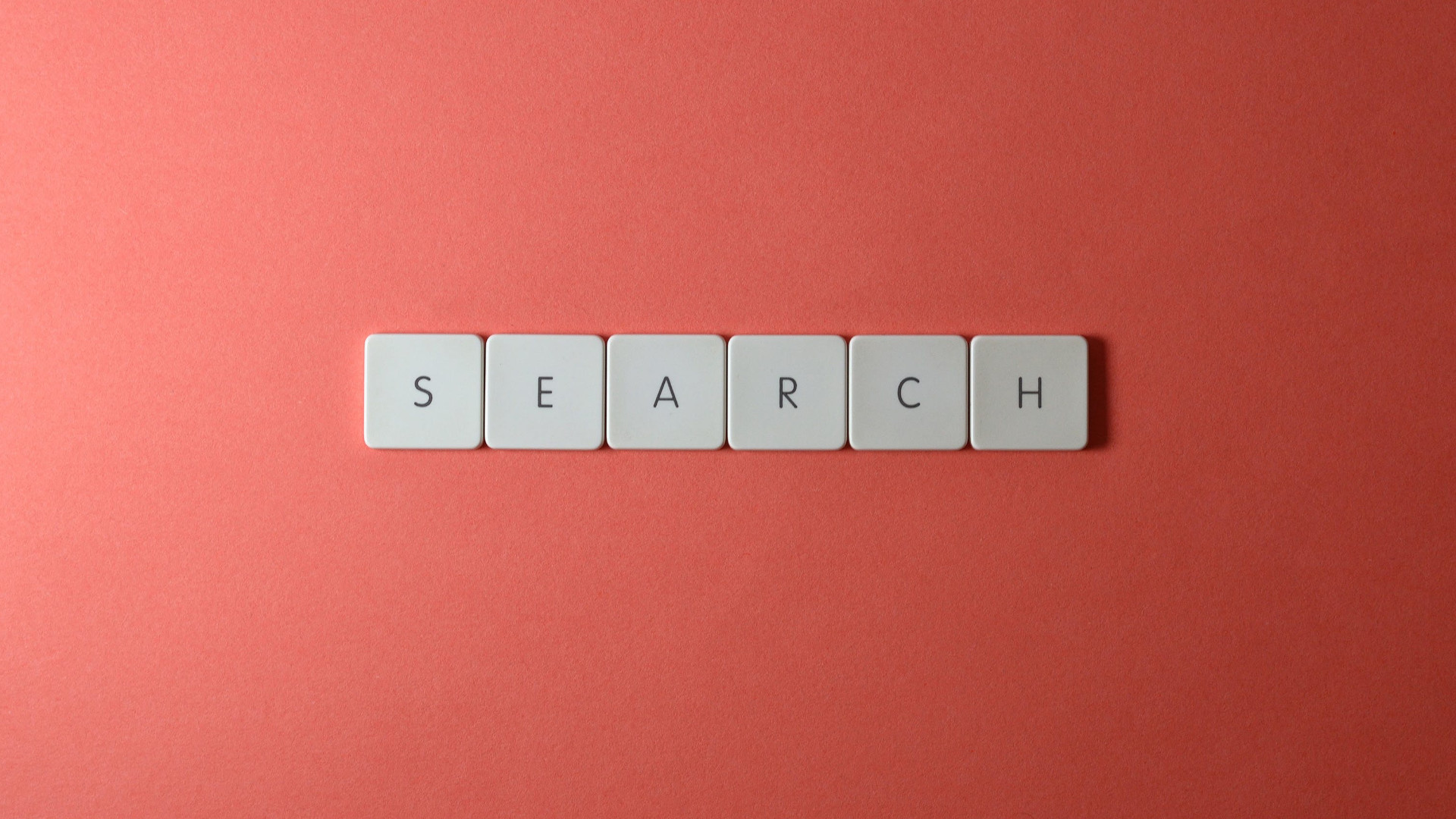Google has announced that they are joining the long list of browser phasing out the use of third-party cookies. With chrome holding over 65% of the browser market, that’s a big deal. What does Google phasing our cookies mean for your business?
Before we dive into what that means for you, you might be wondering: what exactly is a cookie?
What Are Cookies?
Cookies are files created by a website or platform that can make the user experience a little more smooth. It allows attribution and makes browsing more personal. Automatically signing you in, filling in forms, and remembering site preferences are all forms of cookies.
However, there are two types of cookies, and knowing the difference will be very important.
First-Party Cookies
These types of cookies are created by the sites you visit and only apply to that specific site. They remember what was in your cart, sign you in, and recommend products based on your previous site activity. Again, these cookies don’t follow you beyond that one website.
Third-Party Cookies
When people think about the negatives of cookies, it’s almost always third-party cookies they’re thinking about. These cookies are the ones created to track users across all their various internet activities. They are used to serve up ads and re-target consumers.
While it’s safe to assume most third-party cookies aren’t essential, and you would rather live without them, there are examples that actually help. This includes things like allowing you to use your preferred payment service to quickly make an online purchase.
First-party cookies, as discussed, are pretty useful. However, due to most people’s gut reaction to the word cookie, it’s likely all forms of cookies will eventually be phased out.
Third-party cookies, on the other hand, are already being slowly given the axe. There was already a strong push to eliminate them, but google jumping on board has definitely opened the floodgates.
Another important things to understand is that Google isn’t completely stopping any sort of user tracking. They have other means in place that don’t rely on cookies. However, the big push is the inclusion of some form of consent from the user, and giving a clear picture of what exactly is being tracked.
Related Blog: Types of Consumers and How To Sell To Them
What’s Next For Marketing?
For companies and businesses that have relied heavily on tracking and targeting users through cookies, a big change will be needed. Their work has been mostly done for them, and now they’ll have to buckle down. It’s time to sink to swim.
For others though, the changes coming to cookies really isn’t that scary. Good marketing means understanding consumers on a deeper level. Deeper than just “this person searched for fishing videos, so let’s serve them up an ad for a boat”.
Good marketing also means having a strategy in place that isn’t narrow. Omni-channel communication is always the best approach, so that when one door closes, you can just use another.








